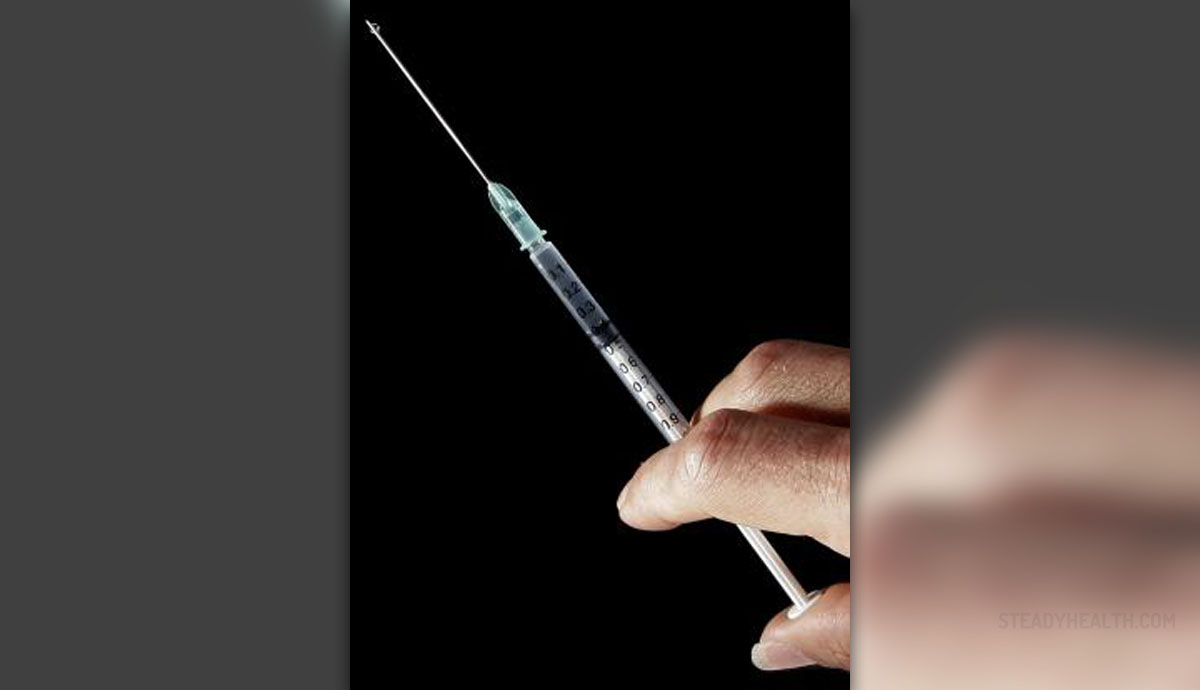
Vitamin K
In some cases, there may be a bleeding among newborns due to the lack of vitamin K. Because of this, newborns are administered with an injection of this vitamin. This text will talk about these injections. This vitamin has blood-clotting abilities and it belongs to water-soluble vitamins. Our body requires certain amount of this vitamin and although our body does produce it, this level is not enough. There is a practice in the U.S. of giving newborns a vitamin K injection in order to prevent the bleeding, which happens only in 1 out of 10 000 cases. The problem of bleeding comes along with the bruising and these problems are present in the initial 24 hours after the birth. The bleeding we are talking about can be umbilical stump bleeding, mouth bleeding and nose bleeding. These are the most common bleedings, but hemorrhage or internal bleeding may occur as well. This does not happen in the first 24 hours, but it can occur during the initial several weeks, and Vitamin K injections can prevent all of this.
At Birth
The vitamin K is produced in the gut, but since the newborns have sterile guts and cannot produce this vitamin, deficiency is present. This is found among every newborn. Breastfeeding gives the baby some amount of the needed vitamin K, but not in sufficient amounts as well. The results of vitamin K intake are even worse if breast milk is substituted with formula milk. This milk has no vitamin K at all, which is so important for the baby. Death, coma and internal bleeding are three most dangerous problems associated with vitamin K deficiency among newborns. Babies who are born with certain liver disease, breach delivery, and prematurely born babies need these injections more them other babies.
Dose and Side Effects
This is a very important thing since problems such as jaundice can occur due to administered dose larger than needed. Oral vitamin K is something scientists recommend more than injections. If you decide to take oral vitamin K, take 200mcg of it during one week for the next five weeks. But if you have decided for the injection, the dosage should always be less the 0.5mg. Mothers need to take supplement during the first 10 weeks. The needed amount for mothers is 2.5mg, which can be taken from food with high level of vitamin K. Side effects are associated with inappropriate dosages. In such cases, jaundice can occur. Also, leukemia is a problem vitamin K has been connected with. We advise use of oral vitamin K in order to avoid these side effects.

















Your thoughts on this
Loading...